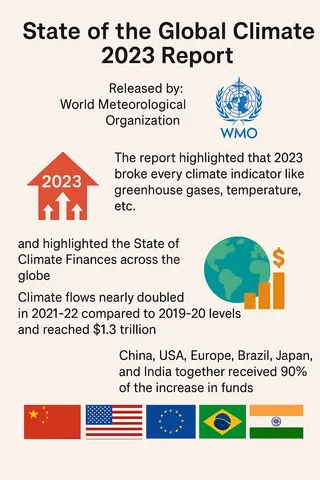India, a nation of immense biodiversity and a rapidly developing economy, is increasingly recognizing the crucial interconnectedness of environmental sustainability and animal welfare. This growing awareness is reflected in various governmental policies, non-governmental organization (NGO) initiatives, and evolving public consciousness.
Environmental Sustainability Initiatives:
- National Clean Air Programme (NCAP): Aims to significantly reduce air pollution levels across the country by 2024. Source
- National Action Plan on Climate Change (NAPCC): Outlines strategies to mitigate and adapt to climate change, including promoting renewable energy and sustainable agriculture. Source (example, needs specific NAPCC link if available)
- National Mission for a Green India (GIM): Focuses on increasing forest and tree cover, improving biodiversity, and promoting sustainable forest management. Source
- Swachh Bharat Abhiyan (Clean India Mission): A large-scale cleanliness drive aiming to improve sanitation and waste management practices. Source
Animal Welfare Efforts:
- The Prevention of Cruelty to Animals Act, 1960: Provides legal protection for animals against cruelty. Source
- Wildlife Protection Act, 1972: Protects endangered species and their habitats. Source
- Growing Veganism and Vegetarianism: A rising number of Indians are adopting plant-based diets, contributing to reduced environmental impact and decreased animal suffering. Source
- Increased NGO Activity: Many NGOs are actively involved in animal rescue, rehabilitation, and advocating for stronger animal welfare laws.
Challenges and Future Directions:
Despite significant progress, challenges remain, including:
- Enforcement of existing environmental and animal welfare laws.
- Addressing the conflict between economic development and environmental protection.
- Raising public awareness and promoting responsible consumption patterns.
India's commitment to environmental sustainability and animal welfare is an ongoing journey. Continued efforts towards stronger policy implementation, increased public awareness, and innovative solutions are crucial for achieving a truly sustainable and compassionate future.





























































